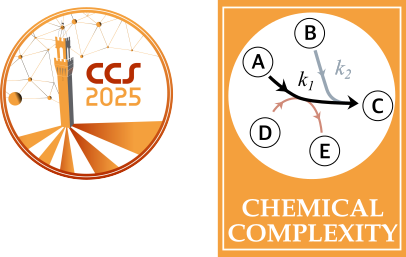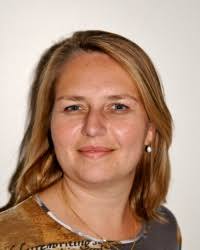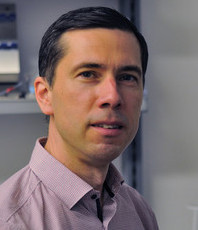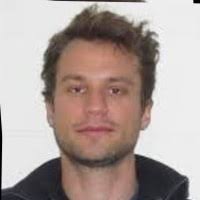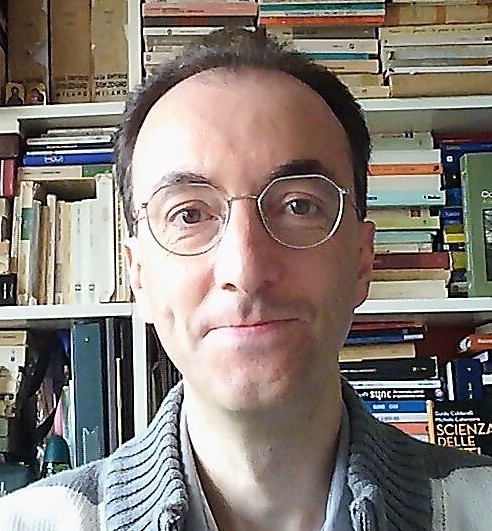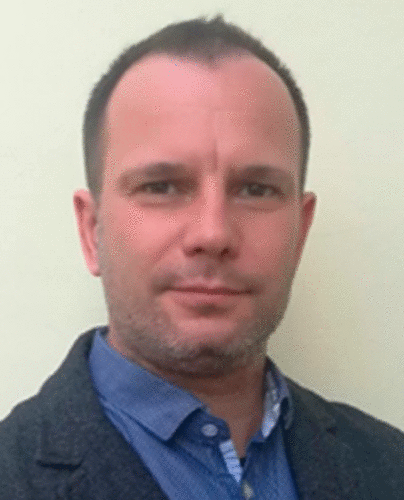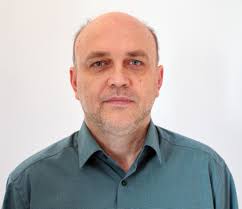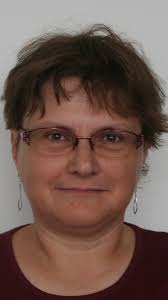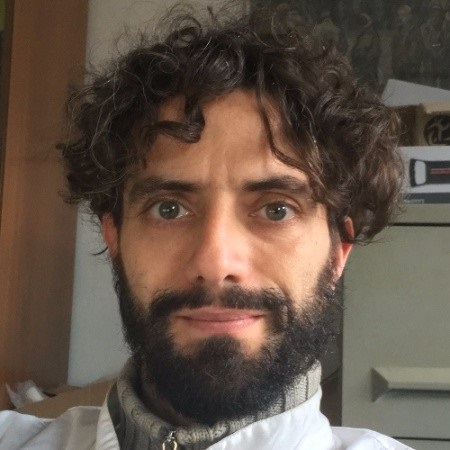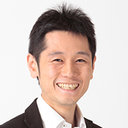Speakers of the Satellite "Chemical Complexity"
Dr. Anne De WitDirector of the Nonlinear Physical Chemistry Unit |
Dr. Carsten BetaLeader of the Biological Physics Group |
Dr. Baptiste BlancAssisstent professor at the Institut de Physique de Nice |
Dr. Pier Luigi GentiliAssociate Professor of Physical Chemistry |
Dr. István LagziAssociate Professor at the Institute of Physics |
Dr. István SzalaiProfessor of Chemistry |
Dr. Ágota TóthLeader of the Nonlinear Dynamics and Kinetics group |
Dr. Parvej Khanresearch scholar in the Nonlinear Dynamics Laboratory |
Dr. Anette TaylorProfessor of Reaction Engineering at the School of Chemistry and Chemical Engineering. |
Dr. Emiliano AltamuraAssistant Professor in the Department of Chemistry |
Dr. Pierandrea Lo NostroAssociate Professor in the Department of Chemistry "Ugo Schiff" |
Dr. Nobuhiko J. SuematsuProfessor at School of Interdisciplinary Mathematical Sciences |
Dr. Jerzy GóreckiProfessor at the Institute of Physical Chemistry |

